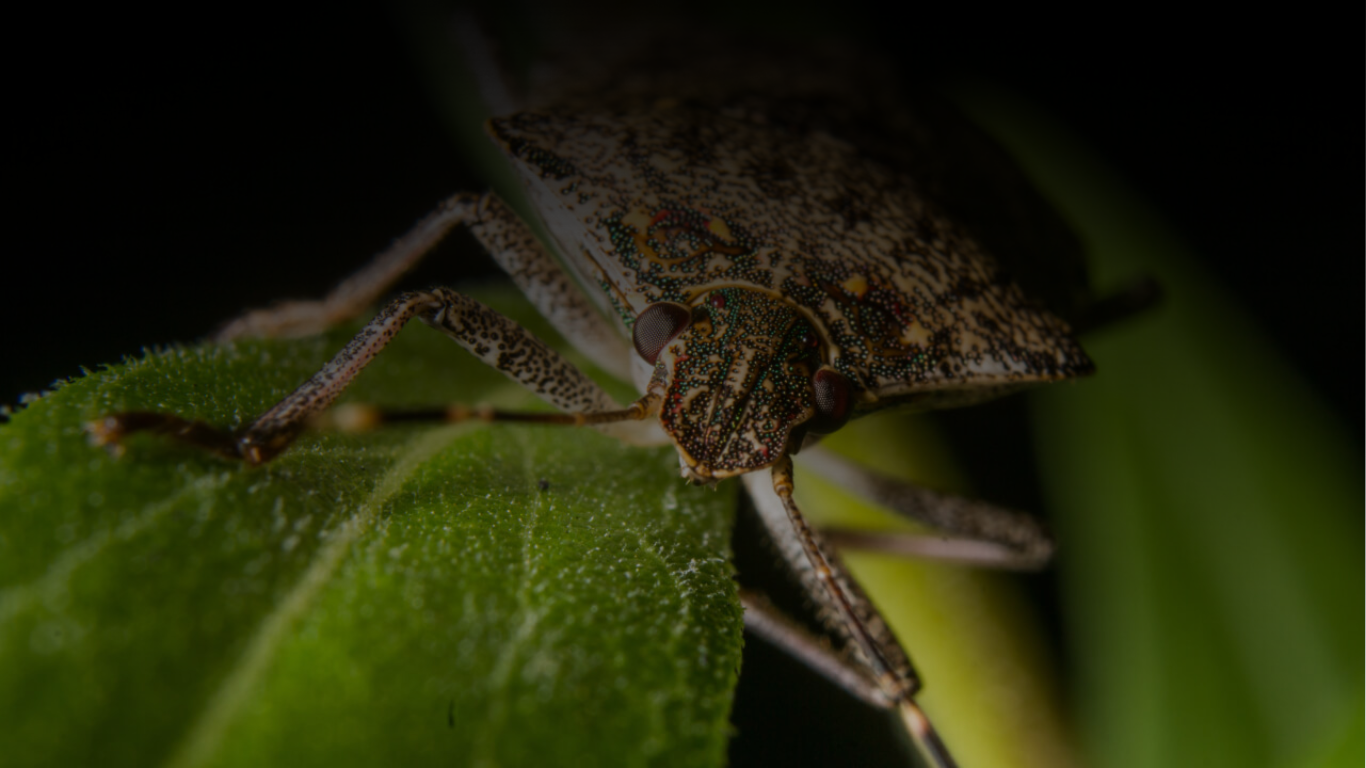Can a small bug cause your vehicle to be delayed…
From chip shortages to bugs.
Stink Bug Infestation Throws a Wrench in Global Vehicle Shipping
The automotive shipping industry is facing an unexpected roadblock—stink bugs. These resilient, invasive pests have triggered major disruptions in vehicle logistics, particularly for shipments bound for Australia. With strict biosecurity regulations in place, automakers and logistics providers are scrambling to prevent further delays and ensure vehicle deliveries stay on schedule.

Stink Bugs and the Automotive Supply Chain Disruptions
A high-profile incident in October 2023 underscored the severity of the problem. The Glovis Caravel, a vehicle carrier transporting new cars, was turned away from Australian ports after officials discovered stink bugs onboard. This setback affected multiple automakers, including Tesla and Kia. Here’s how the situation unfolded:
- The Glovis Caravel was carrying Tesla Model Y EVs and other vehicles when Australian authorities denied it entry due to a stink bug infestation.
- The vessel was rerouted back to China for extensive fumigation and pest control.
- Kia later confirmed that roughly 1,000 of its vehicles were onboard and affected by the delay.
- The ship underwent a full decontamination process to eliminate the pest threat before making another attempt at entry.
Why Stink Bugs Are a Major Threat to Auto Logistics
While stink bugs might seem like a minor annoyance, they pose a significant risk to Australia’s agricultural sector. Here’s why authorities are taking zero chances:
- Rapid Spread: These pests are seasonal invaders that reproduce quickly when introduced to a new region.
- Stowaway Tactics: Stink bugs can hide in vehicles, shipping containers, and even soil, making them a persistent challenge in global freight.
- Biosecurity Risk: If left unchecked, stink bugs can damage crops, contaminate soil, and disrupt ecosystems, leading to costly agricultural losses and stricter import restrictions.
How the Industry Is Responding
To mitigate the impact of stink bug infestations on vehicle imports, authorities and logistics companies have ramped up protective measures:
- Enhanced Pest Inspections: Ships arriving in Australia during peak stink bug season are subjected to intensive screening.
- Stricter Shipping Protocols: New regulations for cargo heading to Australia and New Zealand have been put in place to minimize contamination risks.
- Pre-Border Biosecurity Measures: A new initiative called AusTreat has been introduced for the 2024-25 season, requiring vessels to undergo treatment before they even reach Australian waters.
The Road Ahead
This stink bug crisis highlights the ongoing need for rigorous biosecurity measures in global vehicle logistics. While challenges remain, coordinated efforts between governments, automakers, and shipping companies are essential to keeping supply chains running smoothly. With proactive pest control strategies and evolving regulations, the industry is working to minimize disruptions and maintain the steady flow of new vehicles to market.
Stay tuned for further developments as the automotive sector adapts to these evolving challenges.

